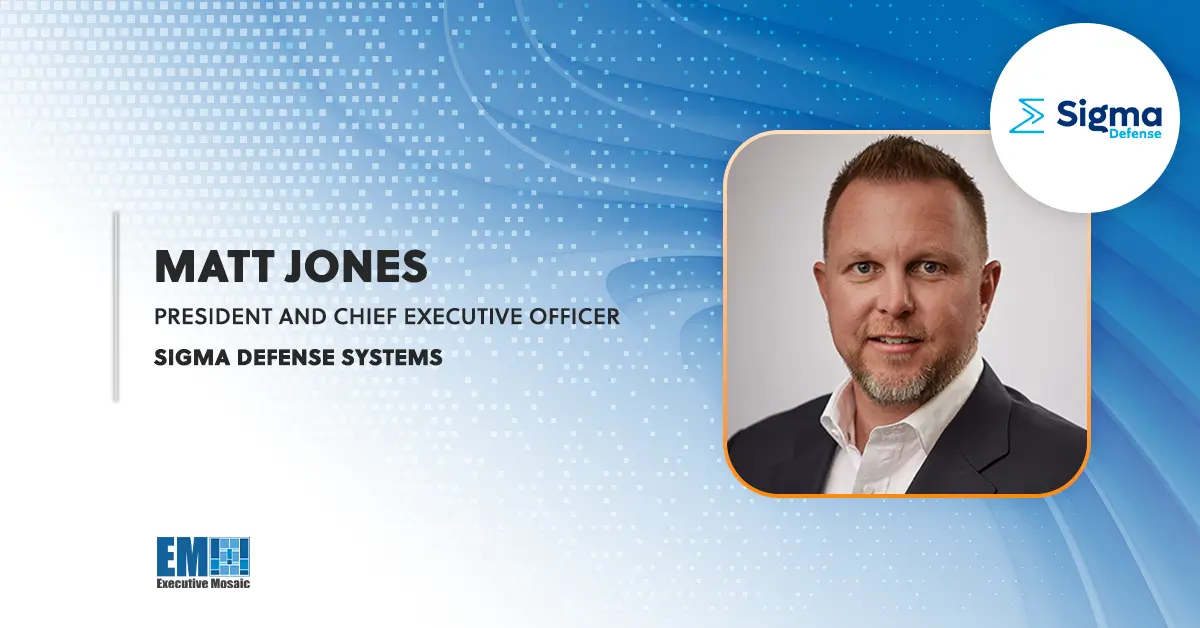In late February 2022, the Russian invasion of Ukraine sparked drastic changes in the geopolitical landscape and challenged complex global relations. During the months since the war’s onset, and as the conflict continues to unfold, it’s clear that electronic and cyber warfare are playing a major role in military actions on both sides, and these tactics are widely thought to be key components in the wars of the future.
Now, U.S. defense and military leaders are watching closely as these events play out — the conflict overseas is painting a clear picture for the Department of Defense of what the next generation of electronic warfare looks like and where the U.S. needs to step up its defenses.
Electronic warfare, or EW, refers to military activities that use electromagnetic energy to carry out attacks or obstruct an adversary’s activities. EW can include intercepting or jamming communications, blinding critical sensors, disrupting connections to drones and more. In the increasingly connected, digital world of today, this kind of warfare can have major consequences.
In Ukraine, the most prominent example of EW is the country’s interception and obstruction of Russia’s communications capabilities. Ukrainian forces have been using drones to identify and target Russian military vehicles, which are then subject to electronic interference.
Cyber warfare, on the other hand, primarily involves denying adversary access to the internet and other critical networks. This kind of warfare may be used to delete data from devices, overwhelm networks with traffic and carry out denial-of-service attacks.
In the wake of these brazen displays of cyber and electronic warfare, Pentagon officials are gearing up for what they believe could be an imminent attack from adversarial forces.
“We know that it’s part of the Russian playbook to use malicious cyber activity, whether it’s through a state-sponsored entity, whether it’s through criminally aligned groups,” said Jen Easterly, director of the Cybersecurity and Infrastructure Security Agency and 2022 Wash100 Award winner, at the 2022 RSA Conference.

To learn more about the U.S. military’s current and future strategies for delivering offensive and defensive cyber and electronic warfare capabilities, join GovCon Wire Events’ Second Annual Defense Cyber Forum on July 12.
Lt. Gen. Maria Barrett, commanding general of the U.S. Army Cyber Command, is scheduled to keynote the forum. Register here.







